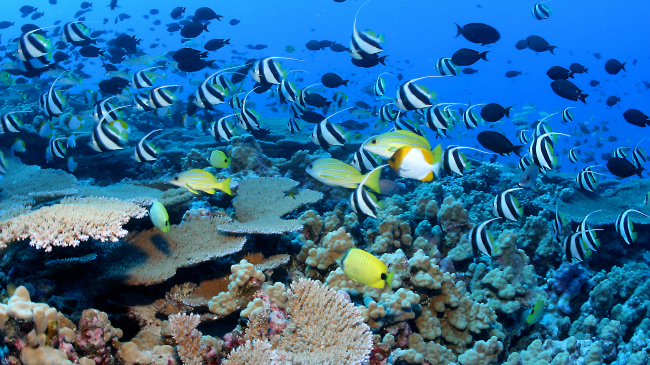How do Scientists Study the Effects of Climate Change on Marine Life?
Climate change is having a significant impact on the Earth's oceans, and marine life is particularly vulnerable to its effects. To understand how climate change is affecting marine organisms and ecosystems, scientists use a variety of methods to study the effects of changes in temperature, acidity, and sea level on marine life.
One of the main ways scientists study the effects of climate change on marine life is through the use of observational studies. These studies involve monitoring changes in marine populations and ecosystems over time, typically using long-term data sets collected by scientists and citizen scientists. This information can be used to identify trends and patterns in the responses of marine organisms to changes in the environment, such as changes in the distribution and abundance of different species.
Another important way scientists study the effects of climate change on marine life is through laboratory experiments. These experiments can be used to study the effects of specific environmental factors, such as changes in temperature or acidity, on individual organisms or entire ecosystems. For example, scientists may use tanks or aquaria to study how different species of fish or coral respond to changes in water temperature or acidity.
Additionally, scientists also use computer models to simulate the effects of climate change on marine life. These models can be used to predict how different marine organisms and ecosystems will respond to changes in temperature, acidity, and sea level. This allows scientists to make predictions about the future impacts of climate change on marine life and to identify areas that may be most vulnerable to its effects.
Lastly, scientists also conduct field studies to understand the effects of climate change on marine organisms and ecosystems. These studies involve investigating the impacts of climate change on marine organisms and ecosystems in their natural habitats, such as coral reefs, kelp forests, and salt marshes. These studies can provide valuable information about how marine life is responding to climate change in the wild, which can inform conservation and management decisions.
Overall, scientists use a variety of methods to study the effects of climate change on marine life, including observational studies, laboratory experiments, computer models, and field studies. These studies are helping to provide a better understanding of how marine organisms and ecosystems are responding to climate change and how to protect marine biodiversity. With the continued research, we can expect to see more insights on the impacts of climate change on marine life and how to mitigate these impacts.





